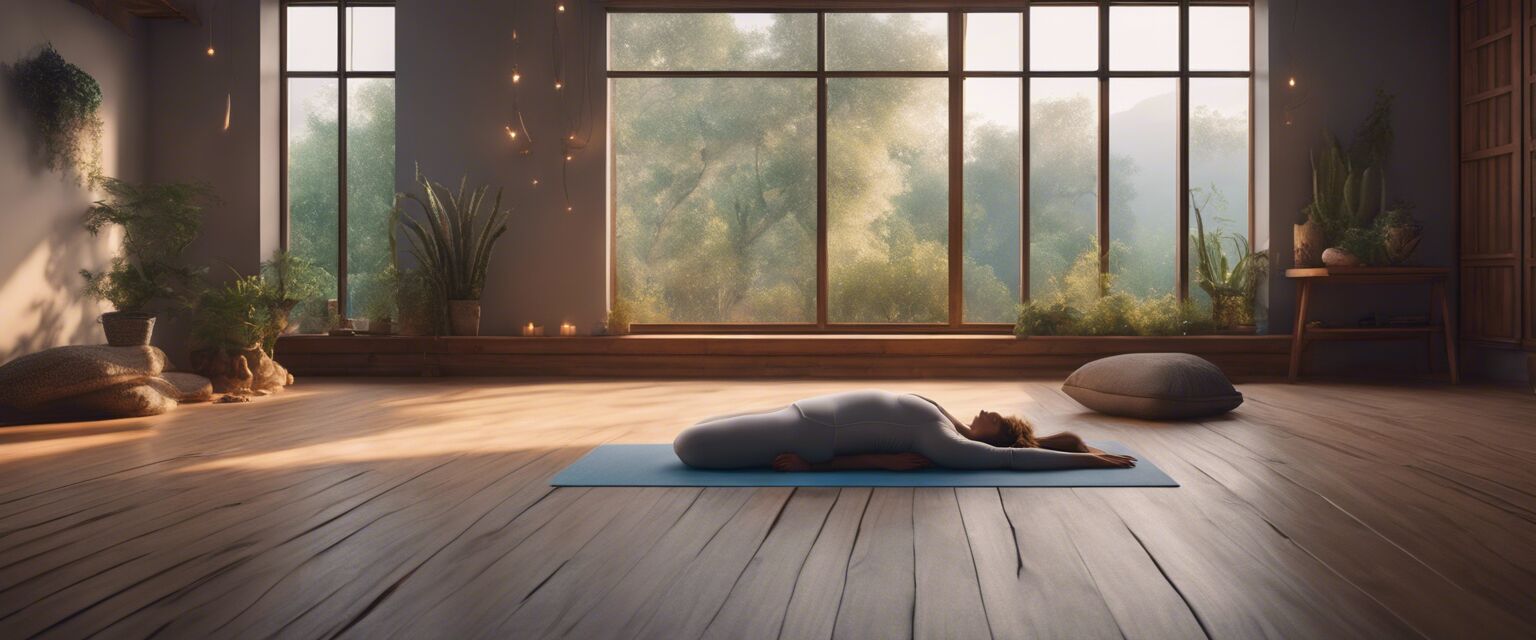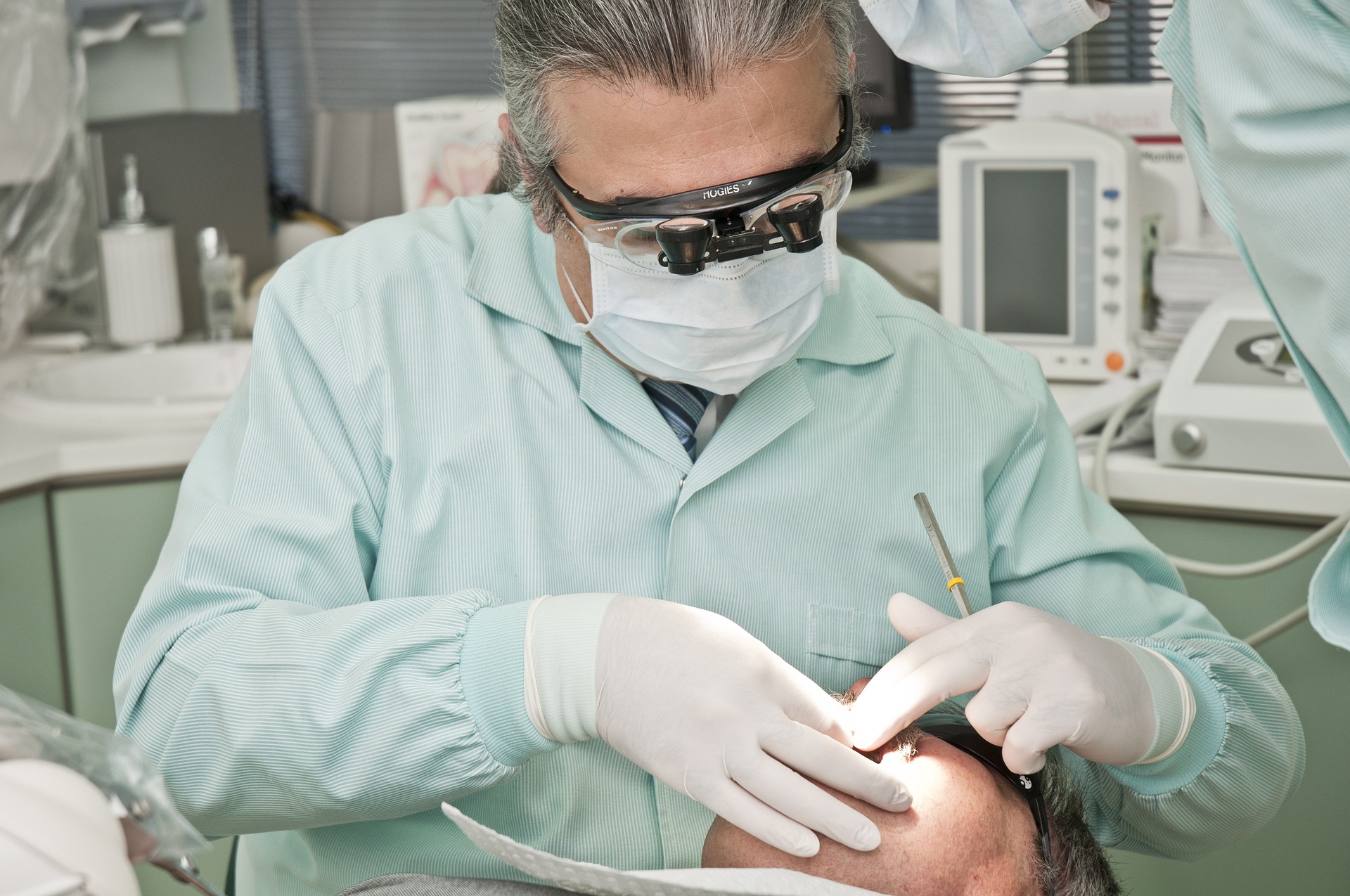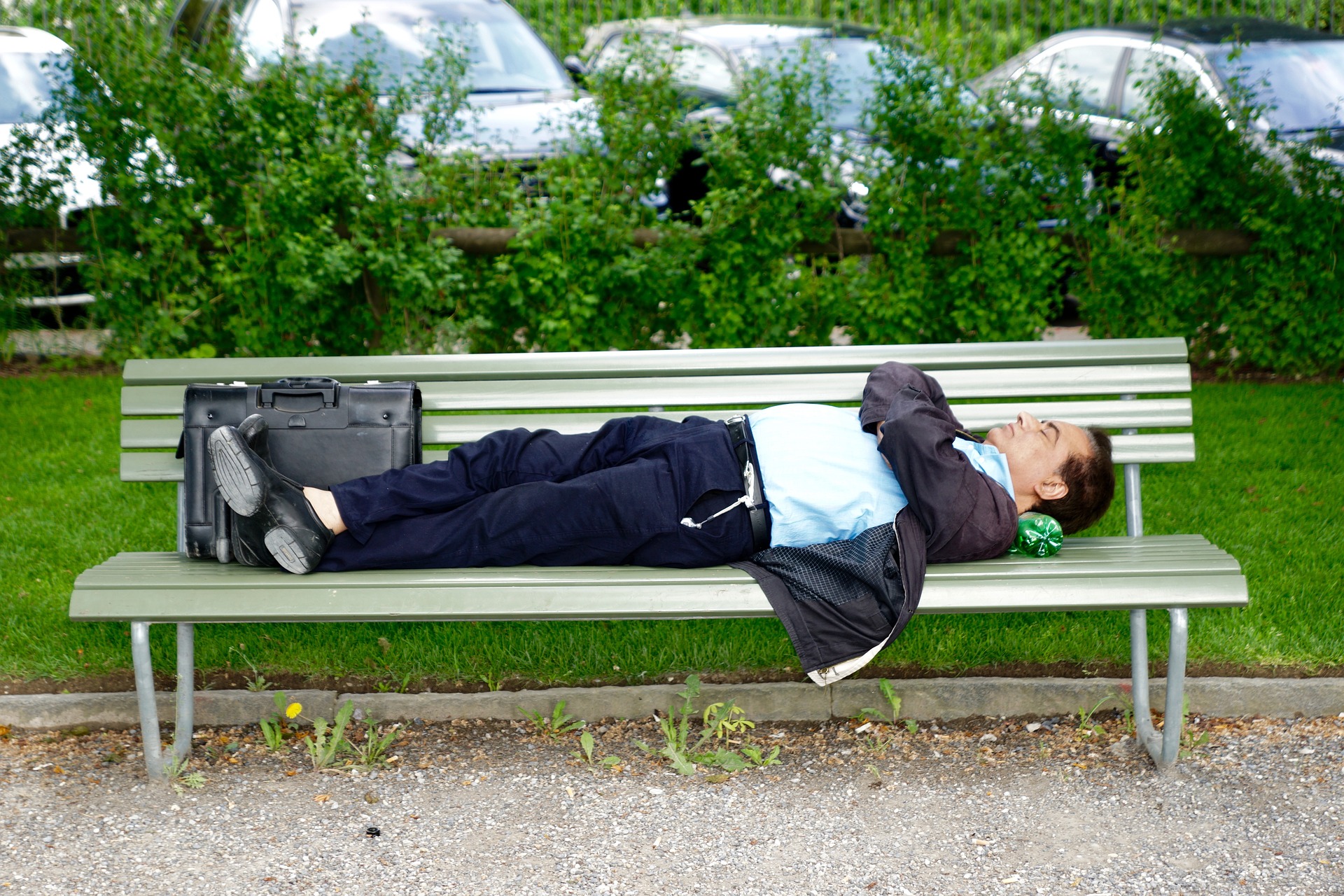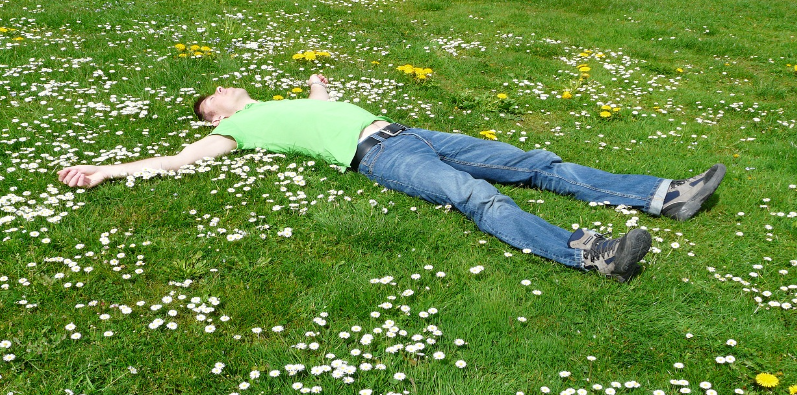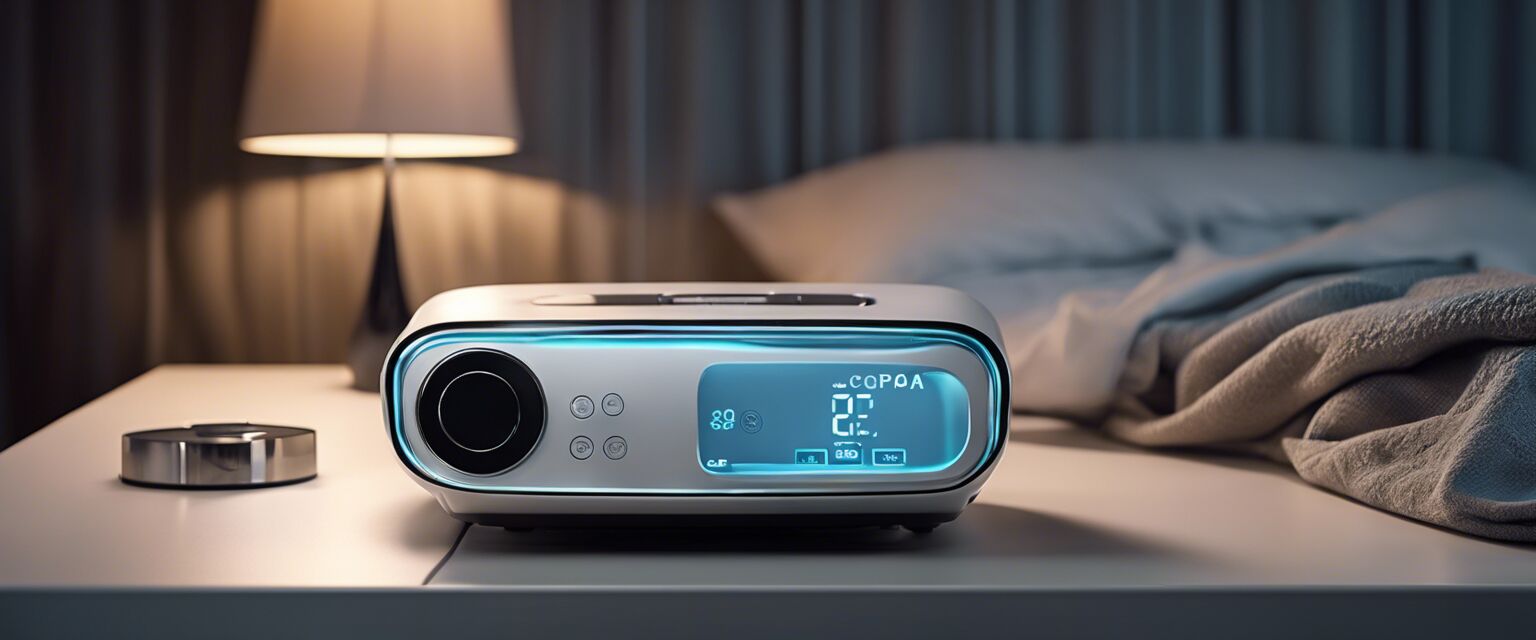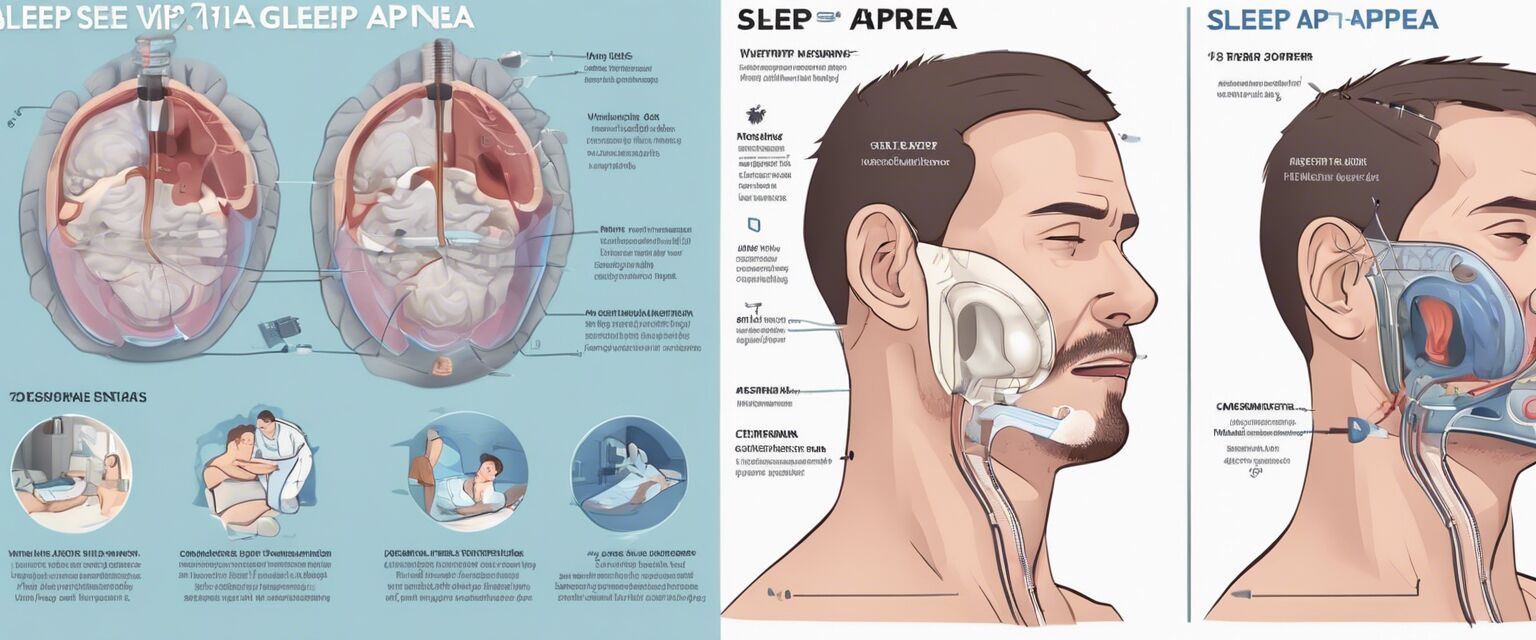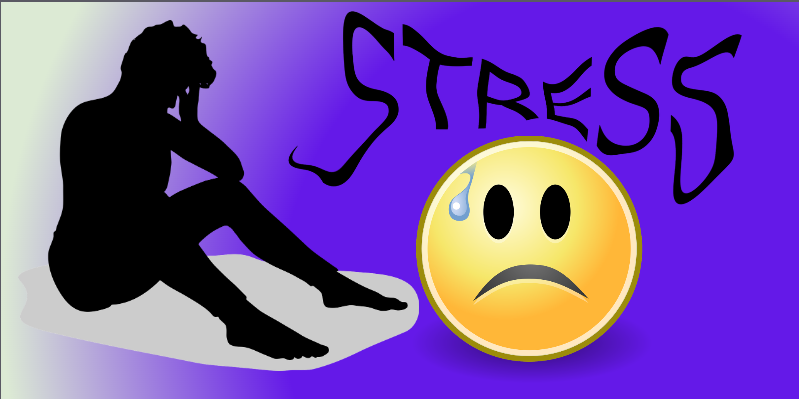
Alternative therapies for sleep apnea
Sleep apnea is a condition that affects millions of people, leading to interrupted breathing during sleep. While traditional treatments, such as CPAP machines, are crucial for managing this disorder, many individuals seek alternative therapies that can complement or enhance their overall management strategies. In this article, we will explore various alternative therapies and natural remedies that may support those grappling with sleep apnea.
Key Takeaways
- Alternative therapies can enhance sleep quality and reduce symptoms of sleep apnea.
- Naturally derived remedies, lifestyle changes, and mindfulness practices hold potential benefits.
- Always consult with healthcare professionals before starting any new treatment.
Understanding sleep apnea
Sleep apnea is characterized by pauses in breathing or shallow breaths during sleep. These interruptions can lead to poor sleep quality, excessive daytime sleepiness, and other health complications. Understanding the condition better allows individuals to seek effective alternative therapies.
Types of sleep apnea
- Obstructive sleep apnea (OSA): The most common form, caused by an obstruction in the airway.
- Central sleep apnea: Occurs when the brain fails to send signals to the muscles that control breathing.
- Complex sleep apnea syndrome: A combination of obstructive and central sleep apnea.
Alternative therapies for sleep apnea
While it's essential to follow a doctor's advice for treating sleep apnea, many individuals find that incorporating alternative therapies into their regimen can be beneficial. Here are some popular options:
| Therapy | Description | Potential Benefits |
|---|---|---|
| Yoga | A practice that combines physical postures, breathing exercises, and meditation. | May improve respiratory function and promote relaxation. |
| Acupuncture | An ancient Chinese therapy involving needle insertion at specific points to balance energy flow. | Potentially helps relieve stress and improve sleep quality. |
| Aromatherapy | Using essential oils to enhance physical and emotional well-being. | Can create a calming environment; some oils may promote better sleep. |
| Meditation | A mental practice that focuses on improving awareness and promoting relaxation. | May assist in lowering stress and anxiety levels. |
| Herbal Supplements | Natural remedies such as valerian root, chamomile, or passionflower. | Some herbs may have calming effects and reduce sleep disturbances. |
Lifestyle changes
In addition to alternative therapies, certain lifestyle changes can significantly impact the management of sleep apnea:
- Weight management: Losing excess weight may alleviate symptoms for some individuals.
- Sleep position: Sleeping on your side instead of your back may help reduce airway obstruction.
- Alcohol consumption: Limiting or avoiding alcohol can lead to improved sleep quality.
- Regular exercise: Engaging in physical activity can enhance overall health and promote better sleep.
Benefits of natural remedies
Incorporating natural remedies into a sleep management program can offer various advantages:
- Non-invasive: Most natural remedies are non-invasive and can be easily integrated into daily routines.
- Lower costs: Many natural remedies are cost-effective compared to conventional treatments.
- Holistic approach: These therapies often address the underlying causes of sleep apnea, including stress and lifestyle factors.
Specific natural remedies for sleep apnea
Here are some specific natural remedies that those suffering from sleep apnea may find helpful:
Tips for using natural remedies
- Start with one remedy at a time to gauge its effectiveness.
- Consult with a healthcare professional for personalized advice.
- Keep a sleep diary to track progress and identify patterns.
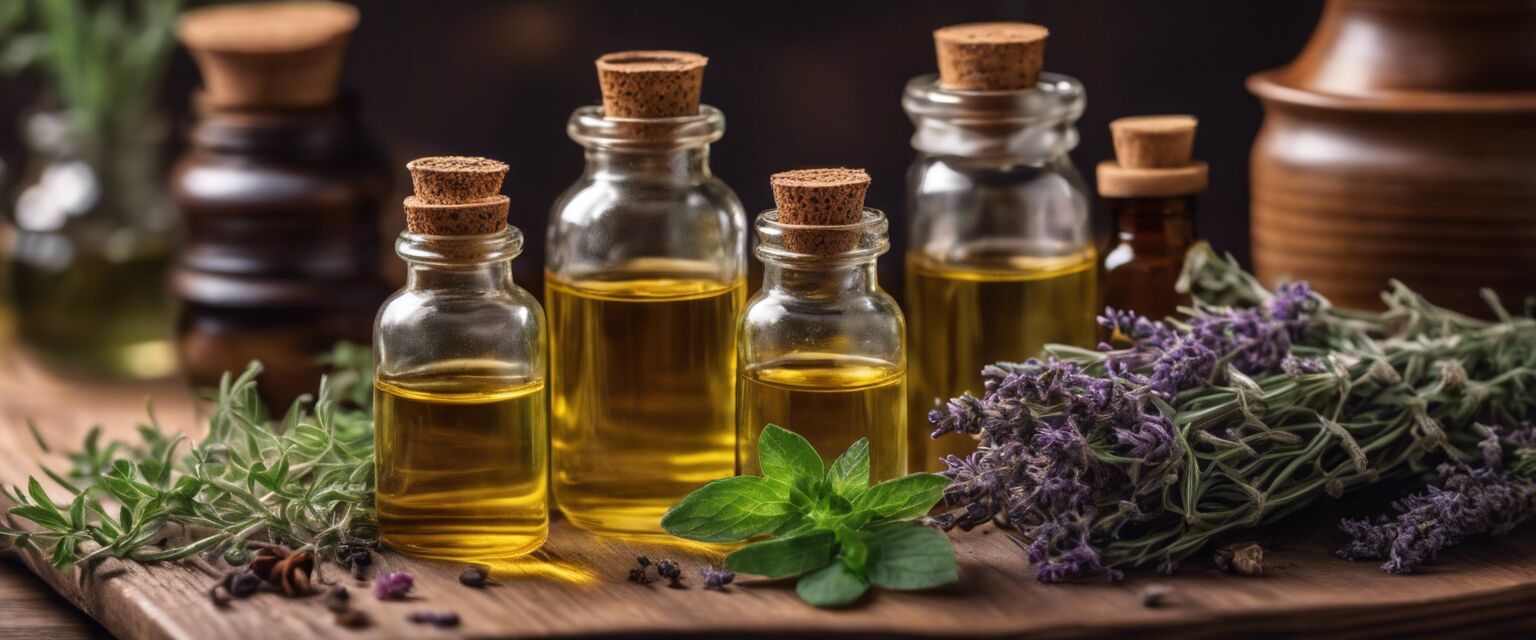
Potential concerns and considerations
While alternative therapies can provide relief, they should not replace conventional treatment methods without consulting a healthcare professional. Consider the following:
- Always discuss any new therapies with your doctor, especially if you are on medication.
- Be cautious with herbal supplements as they can interact with other medications.
- Monitor for any allergic reactions or side effects.
Pros
- May improve overall quality of sleep.
- Offers a more holistic approach to managing sleep apnea.
- Can empower individuals to take charge of their health.
Cons
- Lack of scientific validation for some alternative therapies.
- Potential interaction with prescribed medications.
- Results can vary greatly among individuals.
Frequently asked questions
Here are some common questions regarding alternative therapies for sleep apnea:
- Can alternative therapies replace CPAP?
Alternative therapies should not replace prescribed treatments like CPAP but can be used in conjunction to enhance overall effectiveness. - How long does it take to see results?
Results can vary based on individual responsiveness to the therapies used. It might take several weeks to notice improvements. - Are there any side effects from natural remedies?
While many natural remedies are safe, some can cause allergic reactions or interact with medications. Always consult a healthcare professional.
Finding support
If you are considering alternative therapies for sleep apnea, you may find valuable information and resources through:
Conclusion
Alternative therapies present a potential avenue for individuals dealing with sleep apnea. While they can offer supportive benefits, it's essential to view them as part of a comprehensive treatment plan that includes consultation with healthcare providers. By exploring safe and effective alternative therapies, individuals may improve their quality of sleep and overall health.
